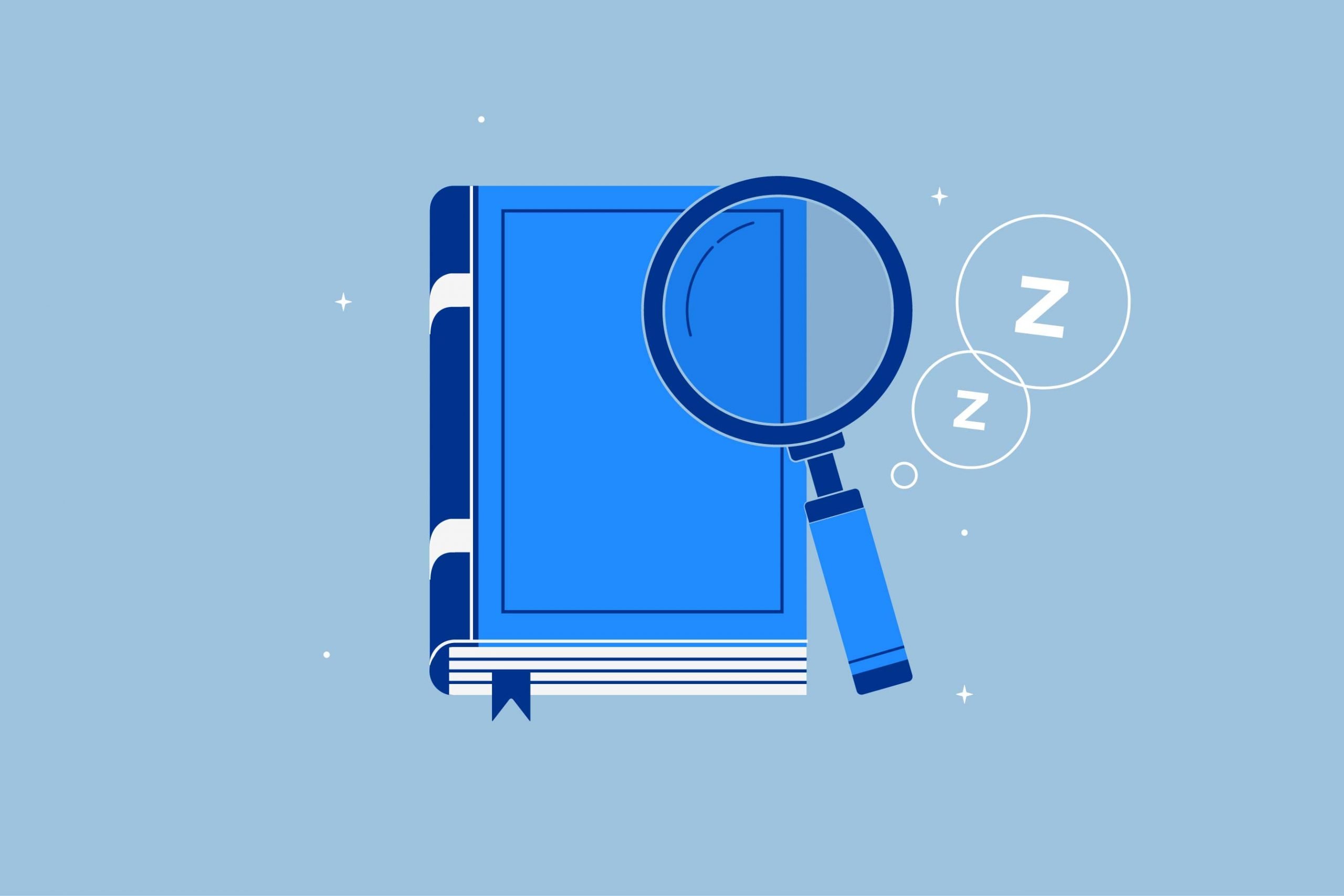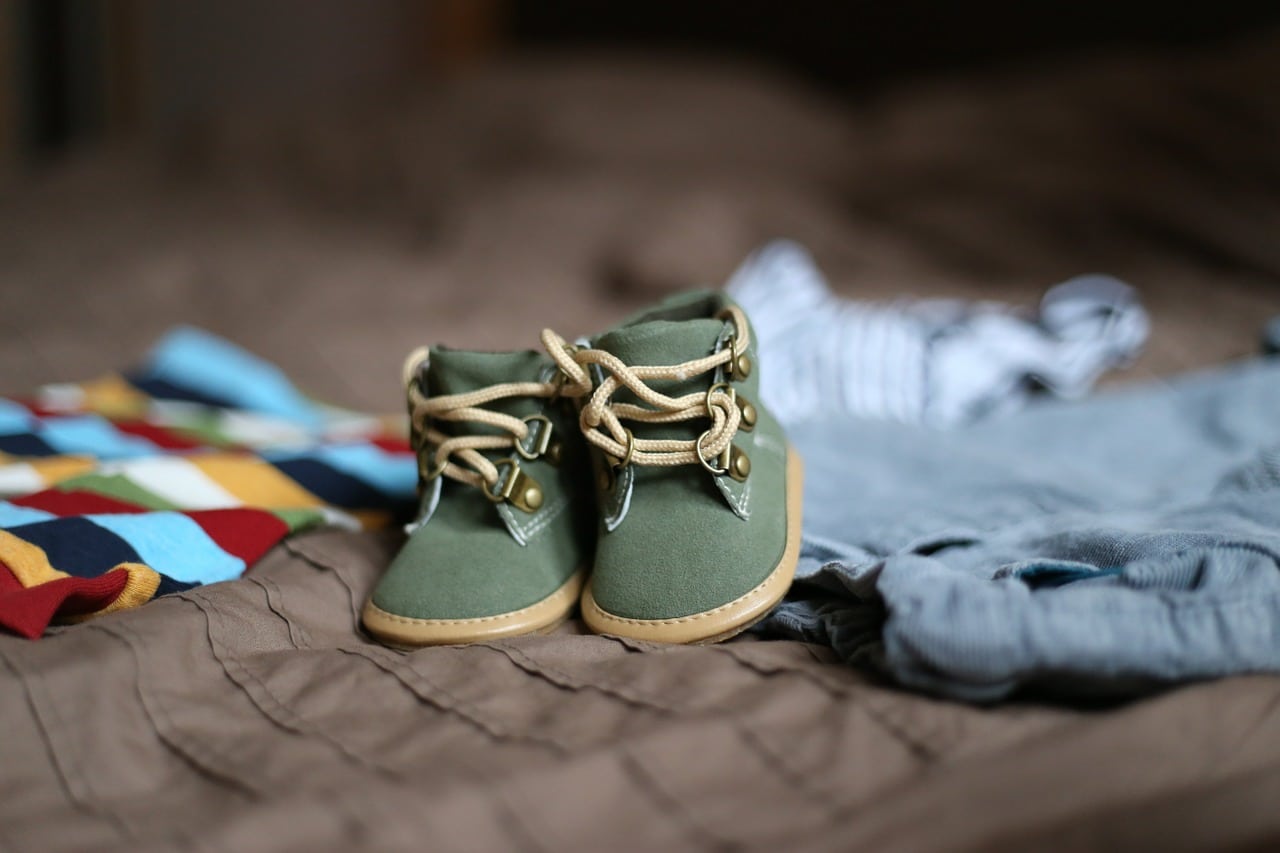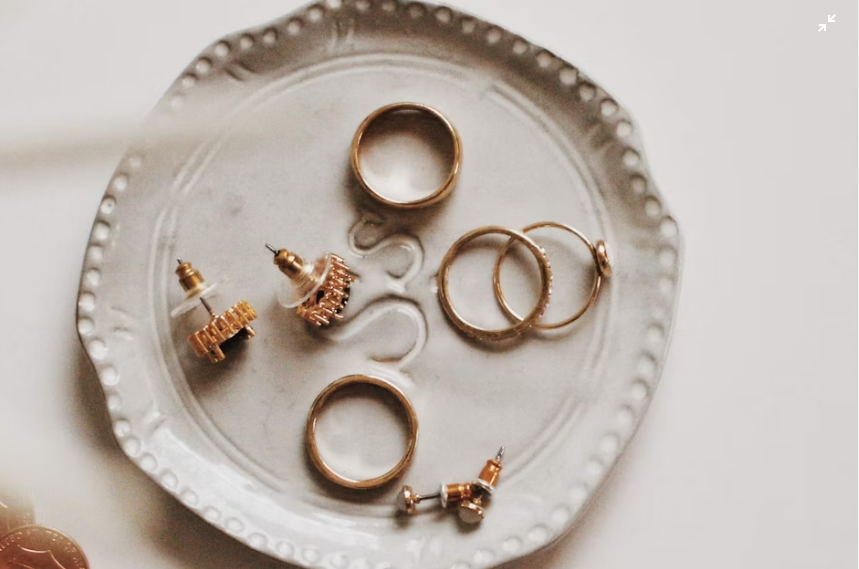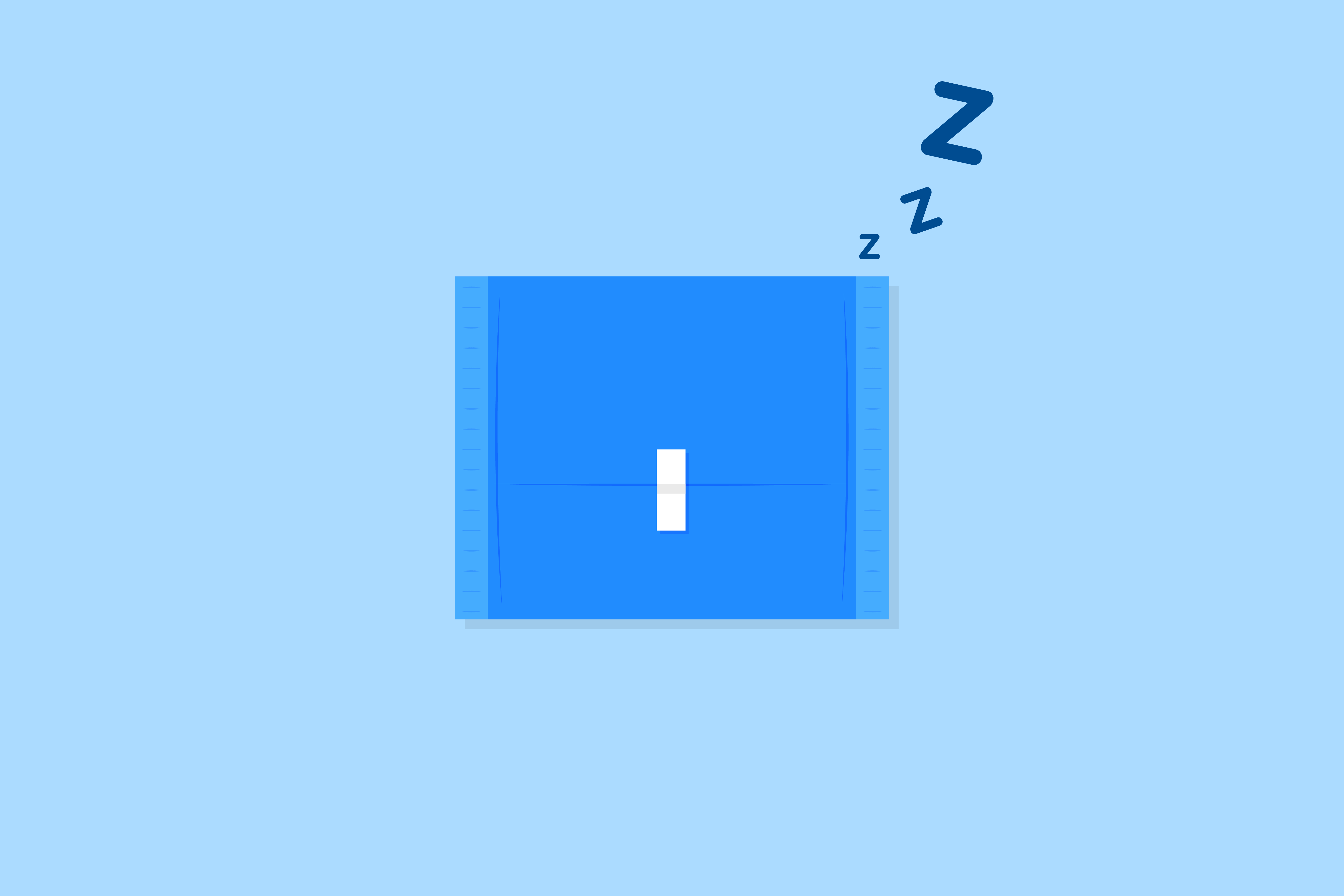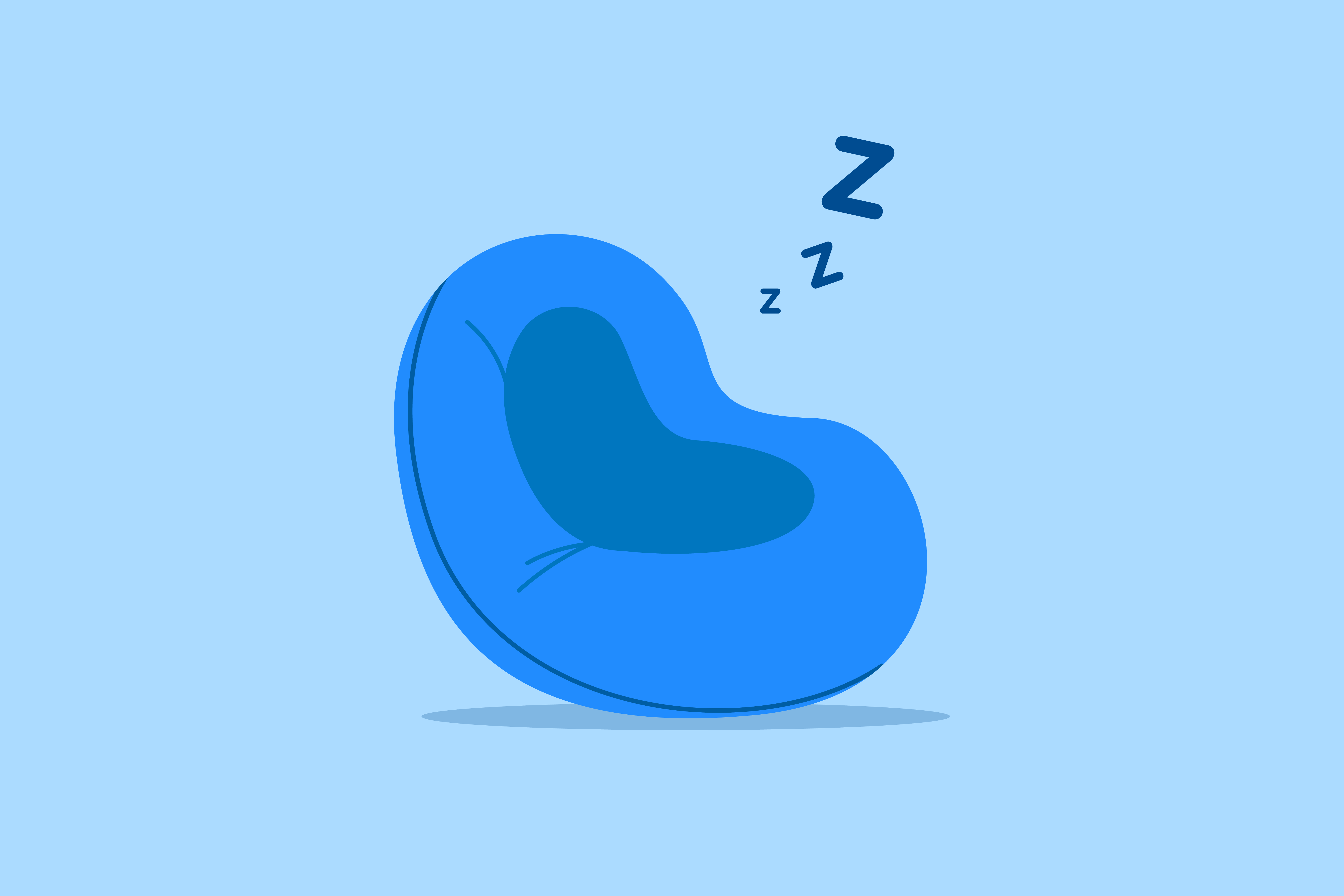Key Takeaways
- Types of Sleep Apnea: Sleep apnea is a sleep disorder characterized by disrupted breathing patterns during sleep. The two primary types are obstructive sleep apnea (OSA), typically caused by physical obstructions in the airway, and central sleep apnea syndromes (CSAS), which result from communication problems in the brain. OSA is far more common, especially among individuals who are obese, older, or male.
- Importance of Diagnosis: Sleep apnea can have serious health consequences if left untreated. It can lead to excessive daytime sleepiness, increased stress levels, anxiety, depression, and even weight gain due to stress and drowsiness. Additionally, untreated sleep apnea is associated with cardiovascular issues like hypertension, high blood pressure, and an increased risk of stroke. Therefore, it’s important to diagnose obstructive sleep apnea as soon as possible.
- Sleep Apnea Testing: Various tests are available for diagnosing sleep apnea, including overnight sleep studies like polysomnography (PSG) conducted in sleep clinics, continuous positive airway pressure (CPAP) titration studies to determine optimal CPAP settings, split-night sleep studies for severe OSA cases, and at-home sleep apnea tests.
Sleep apnea is the most common sleep disorder involving a disturbed breathing pattern. Apnea is a term for a temporary pause in breathing. Sleep apnea can result from an obstructed airway, obstructive sleep apnea (OSA), or a problem with brain communication, known as central sleep apnea syndromes (CSAS).
Obstructive sleep apnea is far more common than central sleep apnea. And several factors can cause or contribute to OSA. Among the many contributing factors include:
- Obesity
- Older age
- Being male
In addition, some hereditary and anatomical factors can lead to sleep apnea. Jaw structure, large neck, or even having cerebral palsy can increase the likelihood of sleep apnea. Allergies and other respiratory issues are also tied to obstructive sleep apnea. Lastly, there are some medications known to cause sleep apnea.
Recent data suggest obstructive sleep apnea affects roughly Verified Source National Library of Medicine (NIH) World’s largest medical library, making biomedical data and information more accessible. View source 14% of men and 5% of women in the USA.
Meanwhile, central sleep apnea affects approximately 1% of the adult population over age 40. Read more about the differences between obstructive sleep apnea and central sleep apnea.
Why is this significant? Because sleep apnea is the cause of many medical problems. Several disruptions throughout the night can lead to:
- Excessive daytime sleepiness
- Increased stress levels
- Anxiety
- Depression
- Potential weight gain from a poor diet caused by the stress and drowsiness
Additionally, it can lead to an increased stress level which in turn may cause an increase in cardiovascular issues such as:
- Hypertension
- High blood pressure
- Even stroke, which can lead to central sleep apnea
Professor Dimitriou added that, “Sometimes partners and/or people who live in the same house might tell you that you have breathing problems during your sleep.”
If you feel you may have sleep apnea, whether it’s mild sleep apnea or a more severe case, you will want to consider getting a sleep test, either done at home or in a sleep lab.
Why Consider a Sleep Apnea Test?
Sleep apnea tests analyze breathing patterns while sleeping to help diagnose sleep-related breathing disorders such as sleep apnea. The majority of the measurements taken during a sleep study are for adult obstructive sleep apnea. Obstructive sleep apnea is the most common form and tends to have more severe health consequences. Still, measurements are also taken for central sleep apnea.
What about children, can they experience sleep apnea? Yes, it’s possible for children to have obstructive sleep apnea, though often the underlying cause is different than what an adult would experience.
While sleep studies can also be done at home, children with potential sleep apnea are recommended by the American Academy of Sleep Medicine (AASM) to avoid in-home studies Verified Source National Library of Medicine (NIH) World’s largest medical library, making biomedical data and information more accessible. View source unless the child cannot undergo sleep lab testing.
A proper diagnosis of sleep apnea requires testing that measures breathing effort during all of the stages of sleep by a sleep technician. Proper testing done by a sleep technologist measures the patterns of breathing disruption. It assesses the frequency and severity of breathing issues.
Also, thorough sleep apnea testing can help diagnose additional sleep disorders that inhibit a full night’s sleep.
Tests Performed During a Sleep Study
A laboratory sleep study Verified Source Medline Plus Offers well-researched articles on all areas of health, and every post is peer-reviewed by a team of medical experts. View source ( polysomnogram-PSG Verified Source Medline Plus Offers well-researched articles on all areas of health, and every post is peer-reviewed by a team of medical experts. View source ) consists of several tests done all at once while the patient sleeps. Many people wonder, “What is monitored during a sleep study?” There are several tools used during a sleep study, including:
- Electroencephalography (EEG): An EEG Verified Source Medline Plus Offers well-researched articles on all areas of health, and every post is peer-reviewed by a team of medical experts. View source is used to monitor brain wave activity for possible central sleep apnea indicators
- Chest Wall Electromyography (EMG): Monitors muscle movement to determine chest movements and breathing during a PSG Verified Source National Library of Medicine (NIH) World’s largest medical library, making biomedical data and information more accessible. View source
- Electrooculogram (EOG): An electrooculogram Verified Source National Library of Medicine (NIH) World’s largest medical library, making biomedical data and information more accessible. View source measures eye movement to determine REM sleep stage
- Electrocardiogram (ECG): An ECG or EKG test Verified Source Medline Plus Offers well-researched articles on all areas of health, and every post is peer-reviewed by a team of medical experts. View source is used to monitor heart rhythm as transient changes in heart rate are related to OSA
- Pulse oximeter: A pulse oximeter Verified Source National Library of Medicine (NIH) World’s largest medical library, making biomedical data and information more accessible. View source measures blood oxygen levels throughout the night
- Apnea-hypopnea index (AHI): The AHI Verified Source National Library of Medicine (NIH) World’s largest medical library, making biomedical data and information more accessible. View source measures the number of breathing disruptions per hour
- Respiratory disturbance index (RDI): The RDI is a broad range of measurements monitoring various breathing disruptions per hour
Sleep apnea tests help to optimize treatment. For example, a person using a continuous positive airway pressure (CPAP) device can undergo a sleep study to calibrate the pressure of the machine, or even to assess the effectiveness of switching to a BIPAP or ASV device which are more complex and accurate positive airway pressure (PAP) devices. See our BiPAP vs CPAP guide for more information.
In addition, there can be a need for additional sleep apnea tests if a patient has developed complications from a CPAP machine or changes in severity for reasons such as weight loss or weight gain.
Who Should Get a Sleep Apnea Test?
A sleep apnea test is a standard part of the diagnosis process for people who may have sleep apnea or other breathing sleep disorder. Before considering signing up for a sleep study, you will want to monitor symptoms at home and then speak with a sleep specialist or doctor about symptoms. Some POTENTIAL symptoms include:
- Snoring
- Moments of stopping breathing while sleeping
- Excessive daytime sleepiness Verified Source National Library of Medicine (NIH) World’s largest medical library, making biomedical data and information more accessible. View source
- Gasping for air while sleeping
- Headache when waking up
- Higher stress Verified Source National Library of Medicine (NIH) World’s largest medical library, making biomedical data and information more accessible. View source
- High blood pressure
- Dry mouth when waking up Verified Source National Library of Medicine (NIH) World’s largest medical library, making biomedical data and information more accessible. View source
Please take note of potential symptoms before speaking to an expert to bring these factors to their attention. Additionally, you will want to consider other risk factors such as age, sex, and weight when speaking to a doctor. Sleep apnea testing Verified Source National Library of Medicine (NIH) World’s largest medical library, making biomedical data and information more accessible. View source is not recommended without screening, which is why it is essential to have this information ready when talking to your doctor about possible sleep apnea.
After you go through an assessment, there may be a recommendation for further testing. The type of sleep testing is determined by whether the patient is a child or an adult, the other underlying health issues present, and how severe the problems are. In addition, a recommendation is made as to whether the testing can happen at home, at a sleep center, or at a doctor’s office.
What Happens at a Sleep Apnea Consultation?
There are many questions people ask before undergoing a sleep apnea test. Among the most common are the following:
- Can you watch TV during a sleep study? Once in bed with monitoring wires in place, you can watch television, read or use your phone. Many full-night sleep study centers have televisions in the rooms.
- How long does it take for a sleep apnea test? The hookup process takes 30 minutes to an hour and continues from when you fall asleep until the following day when you wake up.
- What should you not do before a sleep apnea test? Try to avoid caffeine or any other stimulants or depressants that can taint results.
- Can someone stay with you during a sleep study? A significant other can go with you, but they are not permitted to enter the room.
- How long does it take to get your sleep study results back? It typically takes about a week for the results to be sent to your physician. The exact time depends on many factors.
When you complete a sleep apnea test, the results go to your doctor or sleep specialist. Often an overnight sleep study in a sleep center conducts a polysomnogram (PSG). During a PSG, your body is equipped with sensors to monitor sleep and breathing patterns throughout the night.
A specially trained sleep technician will monitor you throughout the night and then later analyze the data compiled from the night into a comprehensive report. Your doctor analyzes your sleep apnea test, and there will be a review of the findings.
The results of a PSG produce a variety of measurements related to your sleep and breathing patterns. The typical measurements included in the test have a variety of components, including:
- Time in different sleep stages such as REM and non-REM sleep
- Number and duration of times woken up at night to calculate sleep quality and fragmentation
- Oxygen levels
- Sleep positions and duration
- Sleep movements
- Airflow of the mouth and nose
- Snoring
- Other breathing disturbances
Most often, there are a series of charts, tables, and graphs that show relevant data regarding your sleep study results.
In addition, the report will have a section showing the study findings. Not only will a sleep apnea study show if you have sleep apnea, but whether it is obstructive sleep apnea, obstructive sleep apnea or any other sleep-related breathing disorder.
These results are generally explained by a doctor who can professionally interpret the results and make necessary recommendations, from simple lifestyle changes like changing your sleep position to CPAP therapy and pharmaceuticals.
However, when a sleep study is done at home, some results may become available right away. We should note that these findings are only preliminary. For a complete assessment, they need to be analyzed by a trained medical professional skilled in sleep study testing.
What Are the Different Types of Sleep Apnea Tests?
Several forms of sleep apnea tests are used to diagnose, monitor, and treat sleep apnea and other breathing-related sleep disorders. The primary test done for sleep apnea is a polysomnogram done in a sleep center. Still, there are other sleeping tests as part of the assessment process to examine your sleep patterns and what might be affecting them.
The following lists information on some of the more common tests for diagnosing and treating sleep apnea:
Overnight Sleep Study
An overnight sleep study for sleep apnea is called polysomnography, or PSG. A PSG monitors the different stages of sleep to identify disruptions. A PSG measures:
- Oxygen
- Heart rate
- Eye movement
- Muscle movement
- Breathing rate
- Blood rate
A polysomnogram also includes video recording with a snore microphone equipped.
Polysomnography is done overnight at a special sleep study clinic. A sleep technologist prepares the monitors and monitors your sleep throughout the night.
A PSG is the most comprehensive study for diagnosing breathing interruptions during sleep. Due to its complexity, however, an expert in sleep science is responsible for undergoing and analyzing a polysomnogram to determine if you have a sleep-disordered breathing condition.
CPAP Titration
It is common for people with sleep apnea to be prescribed a continuous positive airway pressure (CPAP) for managing obstructive sleep apnea, central sleep apnea, hypoventilation, and other breathing disorders. A CPAP study determines if a CPAP is a proper fit and for ongoing monitoring of CPAP use if conditions change.
A CPAP titration study is conducted in a sleep lab. A qualified sleep specialist monitors the patient’s breathing and makes CPAP adjustments to determine optimal air pressure while sleeping.
In addition, a CPAP re-titration study is used to review current CPAP use if problems such as snoring, continued apnea, further daytime sleepiness, or if conditions likely to cause sleep apnea such as weight loss change the effectiveness of current pressure settings.
Split Night Sleep Study
A split night sleep study is used for people with more severe forms of obstructive sleep apnea.The goal is for people highly likely to be diagnosed with OSA to be fitted and tested for the CPAP with a titrate study in the same night, which speeds up a solution.
During the first half of the night, a polysomnography is performed, followed immediately by CPAP titration for the remainder of the night. The result is determining a patient’s CPAP settings on the same night an analysis of sleep apnea is determined.
Home Sleep Tests
In some cases, your doctor can provide the patient with a simplified test at home to diagnose sleep apnea. An at-home sleep apnea test measures many of the same body measurements as a polysomnogram, measuring:
- Blood oxygen level
- Heart rate
- Breathing patterns
- Airflow
The patient will pick up a portable breathing monitor or similar device from the doctor’s office, and a specialist will instruct the user on how to set up the at-home sleep test. Alternatively, a sleep technician may come to the home to set up the home testing device for you.
While a home sleep apnea test has relatively accurate results, the at-home device is not optimal. These devices can not detect all forms of sleep apnea. In particular, home sleep apnea testing will not always detect more mild forms of OSA and they are generally not recommended for children or people with other coexisting medical conditions.
If the patient has any of the above-mentioned issues, or if the results of the home sleep study are inconclusive, your doctor will likely recommend a polysomnography if conditions are not met or if there appears to be an inconsistency.
Testing for Other Conditions
Sleep apnea links to a host of other health issues either as a cause or as a result. There is no routine follow-up testing after a sleep apnea test, but a doctor may request additional testing. After a sleep apnea test, some tests to expect include hormone levels, cardiovascular health, thyroid health, or other tests based on your general health in conjunction with sleep apnea test results.
Frequently Asked Questions
What are the warning signs of sleep apnea?
The warning signs and symptoms of sleep apnea are:
- Loud snoring
- Moments of paused breathing during sleep
- Sudden awakenings accompanied by choking gasps
- Sore throats, dry mouths, or headaches in the morning
- Hard time concentrating during the day
If you consistently notice these symptoms, we recommend speaking to your primary care physician or a sleep medicine specialist.
Can I test myself at home for sleep apnea?
Yes, your doctor may also assign you an at-home test as a diagnostic tool. An at-home sleep study will use a machine to monitor your breathing, blood oxygen levels, brain activity, and heart rate. Along with at-home sleep tests, we also recommend keeping a sleep diary to keep track of how many hours you sleep and how you feel during the day.
How do doctors test for sleep apnea?
Your personal doctor will likely refer you to a sleep specialist who can schedule you for an at-home sleep study or a sleep study in a sleep center. Sleep studies measure different bodily responses, such as breathing rate, blood oxygen levels, heart rate, brain waves, eye movements, and leg movements.
If you are assigned an at-home study and the results are inconclusive when it comes to diagnosing sleep apnea, you may have to do a follow-up sleep study in a sleep center.
What can happen if sleep apnea is left untreated?
As we discussed, symptoms of sleep apnea include loud snoring, excessive daytime tiredness, waking up with a dry mouth or sore throat, a morning headache, and general fatigue. If left untreated for too long, severe obstructive sleep apnea can also result in high blood pressure, heart complications, and even progressive brain damage.
Sleep apnea has also been linked to obesity, and the general exhaustion that’s associated with sleep apnea can make it harder to maintain a healthy weight. Such sleep apnea effects can also affect cognitive tasks, learning, and behavior, making it harder to perform at your best.
What if I can’t sleep during a home sleep study?
To prevent yourself from feeling too nervous or agitated to fall asleep, we recommend you shut off your electronics an hour before bedtime and follow a relaxing bedtime routine. Unwind with a good book, a warm bath, a cup of herbal tea for sleep, or light stretches.
Along with taking steps to promote good sleep hygiene, you may also want to ask the sleep specialist who helps you set up the home test if you can take a sleeping pill. You should ask this ahead of time, and the doctor may tell you it’s okay to take an over-the-counter or medication, or rely on any regular prescription medication.
Which Sleep Apnea Test Is Best for Me?
The polysomnogram conducted in a professional setting at a sleep clinic is the most accurate and comprehensive sleep apnea testing to be done. A polysomnogram collects the most data and produces the most accurate results for a proper sleep apnea diagnosis and many other common sleep disorders.
However, such a sleep study takes more time and can result in a follow-up night for CPAP titration. People often do not feel comfortable sleeping at a clinic, and the cost can be much higher than other testing.
CPAP titration is also usually an entire night. It is only used to either test the effectiveness of a CPAP machine or as a diagnostic session for being fitted for a CPAP device after a polysomnogram has shown as a proper candidate.
A split-night sleep study gets faster results at a lower cost. However, the results may not be as accurate as a full night of monitoring each for sleep and the CPAP titration.
Finally, an at-home sleep apnea study can cost the least. Still, there is more potential for errors. The results are not as accurate. You may have to undergo a full sleep study at a clinic anyway if the results are not conclusive.
There are many factors to consider when determining which type of sleep study is best for you. You will want to consult with your doctor or sleep specialist to determine the best for your particular situation, as some sleep disorders may need different testing.
About the author
Eric Ridenour is a health and wellness writer with a strong focus on sleep and nutrition. With a background in health science and psychology, Eric has a deep understanding of the connection between sleep and overall well-being. His expertise has been sought by various businesses and individuals, and his work has been featured in reputable publications such as Thrive Global, Drug Report, and Authority Magazine. Eric's commitment to promoting better sleep and comprehensive wellness is evident in his writing and consultations. He is a published author working on his second book.
View all posts